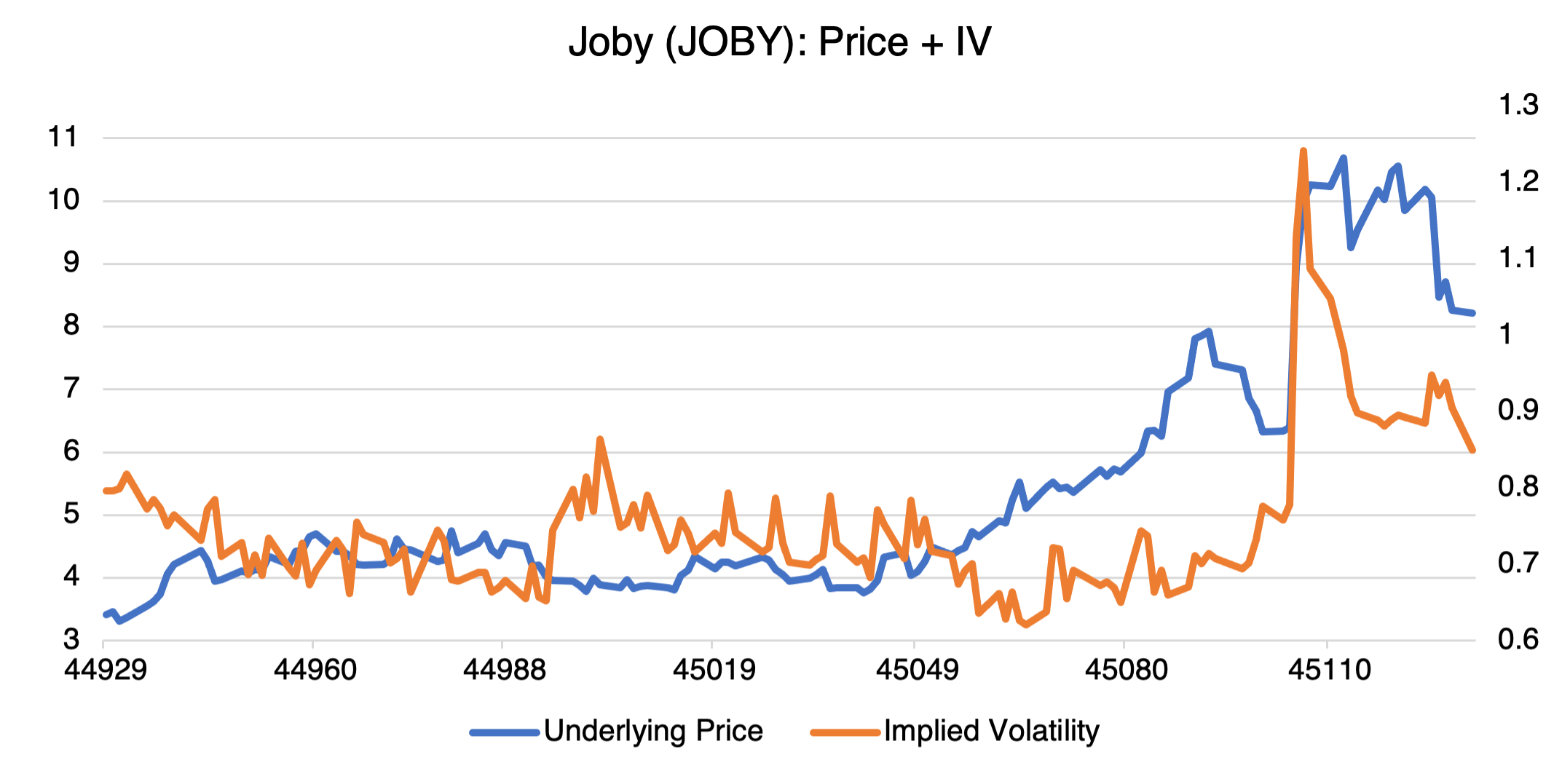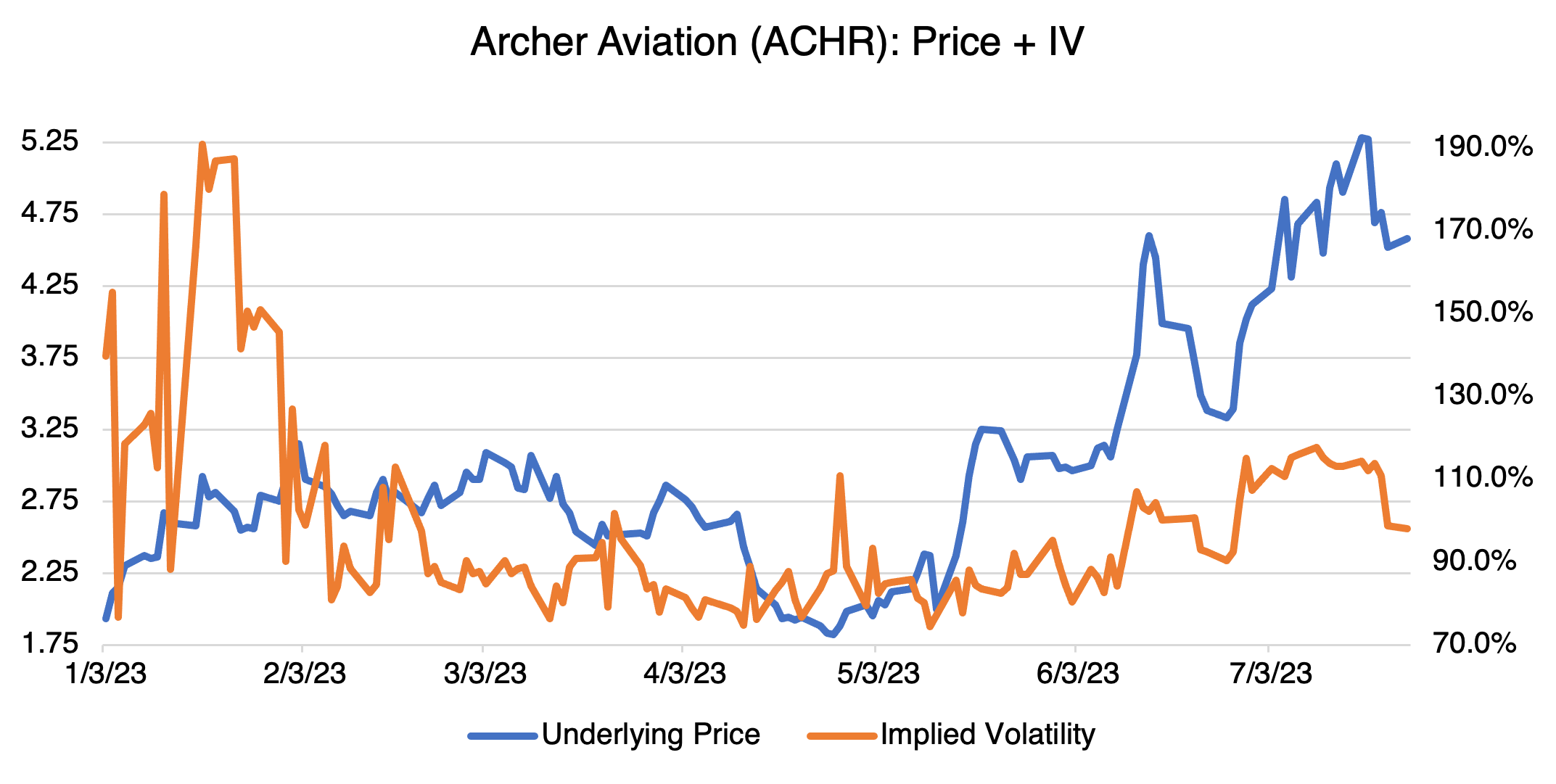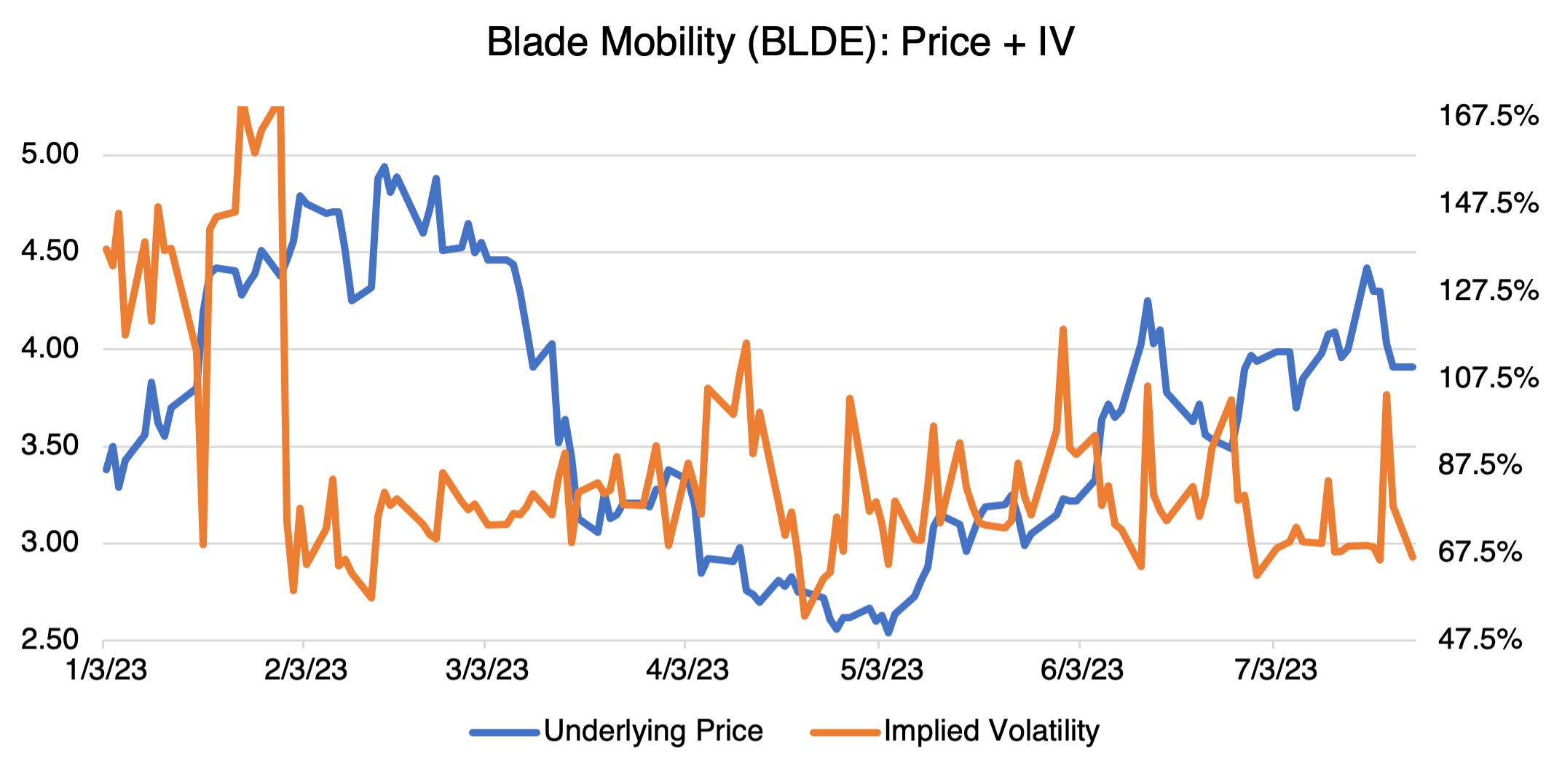Let’s Fly!
Last week, I flew for the first time in several months. As a consultant, I used to fly about once a week, and often internationally. As a former super frequent flyer, I remembered what I dreaded most: the endless trip to the airport, waiting on line to get through security, and then waiting around to finally take off. Lots of waiting, not that much flying.
If certain companies are right, then all that might change soon. eVTOL — electric vertical take-off and landing — and AAM — advanced air mobility — are the operative acronyms that you will probably he hearing often in the coming years. The concept is simple, and something that every commuter stuck in traffic has dreamed about. Basically, a small, piloted, electric, and super quiet aircraft (actually more like an overgrown drone) takes off in helicopter mode, transitions into airplane mode for flying, and then transitions back to helicopter mode for landing, zipping you and a few passengers back and forth to the airport or to wherever you want to go. Like Uber, only with super cool and quiet eVTOL aircraft that can land anywhere.
Last October, I wrote about the concept (Flying Stocks!) and two companies coming at it from slightly different angles, Joby Aviation (JOBY) and Blade Mobility (BLDE). Joby is in the business of developing eVTOL aircraft to be used in its own rideshare network (again, think Uber), while Blade is a short haul air taxi service that will depend upon outside suppliers for their aircraft.
Like most new technologies and processes, there are a host of startups or near startups working on getting the first product to market. In aviation, that involves overcoming tricky and capital intensive engineering challenges, and perhaps even on the difficulty scale, numerous and time consuming regulatory approvals. All this requires serious capital, and needless to say that only a few of the existing firms will ever reach maturity. Among the publicly traded ones are Joby (JOBY), Archer Aviation (ACHR), Eve Air Mobility (EVEX), and Lilium (LILM). There are a few private entrants as well.
Just so you know that these aren’t some dreamer’s hazy vision of the future (remember Elon Musk’s Hyperloop?), none other than Delta Airlines and Toyota are current Joby investors, and United has invested in Archer and Eve Air Mobility, a subsidiary of Embraer. Aviation’s future is in flux, and Delta and United seem to be hedging their bets with new services and technologies.
The FAA is taking AAM seriously as part of the current Administration’s “vision of transportation that is more efficient and sustainable.” Since I wrote about eVTOLs last October, the FAA issued a final rule that updates the air carrier definition to add “powered-lift” operations to the regulations covering other commercial operations, such as airlines, charters, and air tours. This provided some certainty to the industry on the regulatory requirements and expectations to operate these aircraft. Similar to a new drug that has advanced through the FDA regulatory process, all the eVTOL producers subsequently rallied, in some cases almost doubling in price (see JOBY and ACHR below).


Since only Joby and Archer have received FAA certification for flight testing, they are the current industry leaders and probably the closest to commercial operations. Don’t expect that to happen anytime soon. “Timeline adjustments” are inevitable with any new technology and already have occurred several times. Patience will be required as the stocks react to each new development. AAM should be viewed as a long-term investment, a bet that aviation as we know it, especially in congested areas, will fundamentally change over the next five to ten years.
If you don’t want to wait around for eVTOLs to come to market, or don’t believe that they ever will, Blade Mobility (BLDE) is operating air taxi services right now in certain congested areas and generating revenue. Although they are currently using helicopters and amphibious aircraft, their plan is to eventually switch over to eVTOLs. They have contracted with BETA Technologies to supply up to 20 of their eVTOL aircraft. Last February, they successfully test flew BETA’s ALIA-250 model, the first flight of an eVTOL in the greater New York area. Like the pure eVTOL manufacturers, BLDE has rallied significantly since last May:
